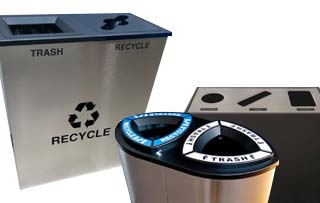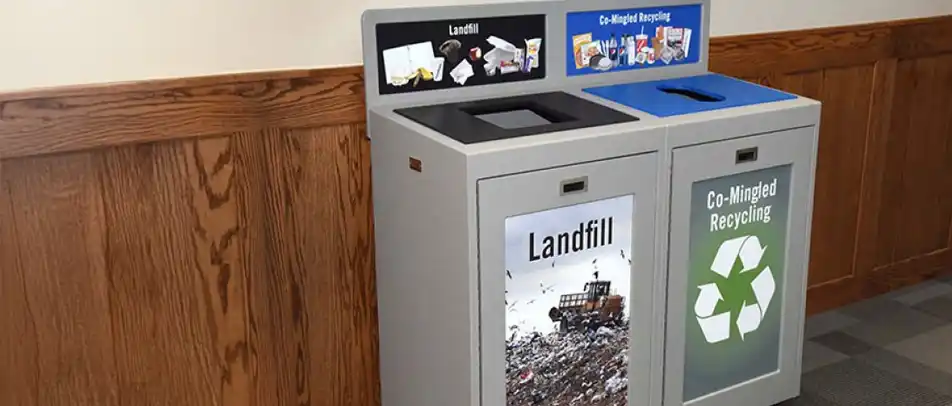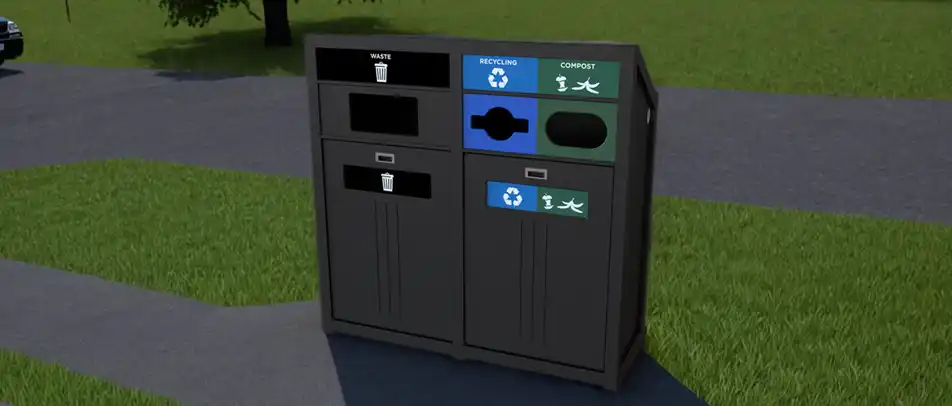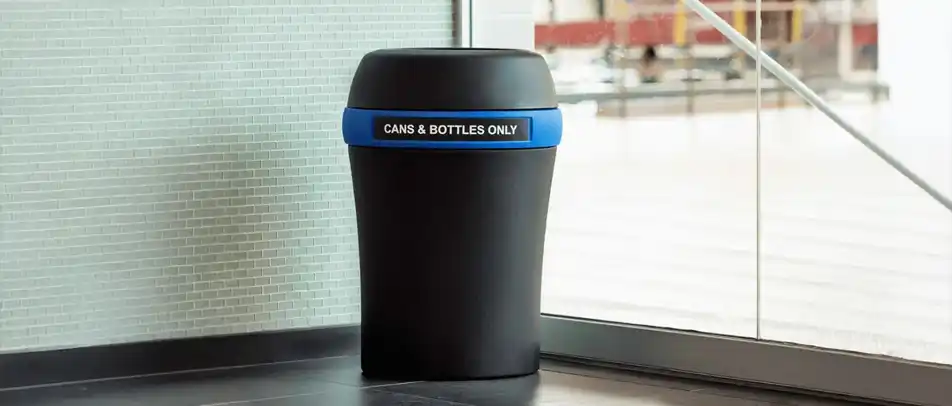
Lithium-ion batteries have become ubiquitous as smartphones and tablets proliferate. These kinds of batteries are rechargeable, but not forever. Eventually, the batteries will wear out and have to be disposed of. The problem is only bound to get worse as electric cars, also powered by lithium-ion batteries, become more common on the road. The disposal problem will be coupled with the fact that sources of lithium are being consumed at a rapid pace.
A group of researchers at the University of South Florida has discovered a way to use fungi to extract lithium, cobalt, and other metals from old, dead batteries so that they can be recycled. Their findings were recently presented at a meeting of the American Chemical Society.
Current methods of extracting metals from lithium-ion batteries, which use high temperatures and toxic chemicals, have not proven to be economically viable. The fungi work by using naturally occurring oxalic acid and citric acid to leach the metals from the batteries. The method has recovered 85 percent of the lithium and 48 percent of the cobalt, making what is left more environmentally safe to dispose of.
The next step is to find a way to extract the metals from the acids so that they can be recycled to make brand new batteries and other electronic products. Also, the researchers are experimenting with different strains of fungi and their particular acids in extracting a variety of metals.
If the recycling innovation process can be refined to work on an industrial scale, it could become an economical way to dispose of old batteries and recycle the material to make new ones.
























































































 Three Ways to Engage Teams and Clients to Maximize Your Recycling Program Engagement
Three Ways to Engage Teams and Clients to Maximize Your Recycling Program Engagement  How to Integrate Accessibility Into Your Sustainability Planning
How to Integrate Accessibility Into Your Sustainability Planning  Why Park Benches Can Promote Workplace Well-Being
Why Park Benches Can Promote Workplace Well-Being 
